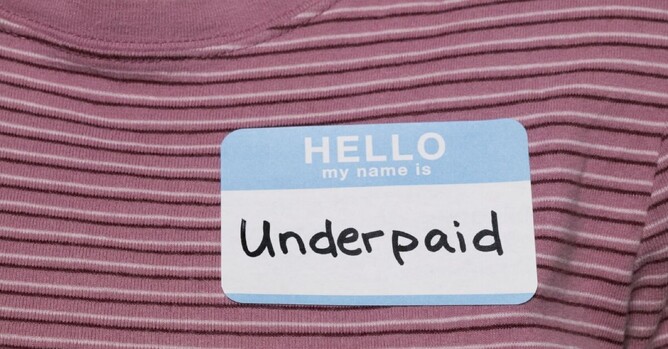As a business owner, you’re usually the last to get paid. Simon Sinek's book, Leaders Eat Last is a fantastic book on leadership but paying yourself the “left-overs” isn’t ideal especially given the blood, sweat and tears you pour into your business.
So how much should you pay yourself? And what’s the best way to do it?
How much should you pay yourself?
There is no simple formula for calculating how much to pay yourself, but here are some things you might want to consider:
How much do you need to live on? - knowing how much you need to live on is the first step in determining how much to pay yourself. This is especially important when you are starting out, or if your business income fluctuates.
What are you worth? – based on your expertise and the amount of time you spend in the business what would the market salary be for your role? If you have other shareholders or partners using market salary data ensures that you are paid fairly, especially if not all the shareholders work in the business.
Your profit levels - as a business owner, your income is ultimately capped at the profit your business makes. When you are setting budgets or sales targets, make sure you’ve factored in the salary you want to earn.
What can the business afford? – if you’re a new business, or going through a tough patch then you might have no alternative but to pay yourself last, especially if you have employees to pay. Considering what the business can afford is also an important consideration if your business is doing well and you want to reap the financial rewards of all your hard work.
Warning: Don’t rely on what’s in the bank - Money in the bank does not equal money you can pay yourself with. There may be GST, Income Tax, or other large payments coming up. Ideally, you’d have a cashflow forecast to ensure these future payments are considered. But on a more practical level, having a separate bank account for these payments can help minimise the temptation to take out more money than you should and give more clarity on what the business can afford to pay you.
How do I pay myself?
The practical mechanics of how to pay yourself depends on the legal structure of your business and whether you want to pay your tax as you go, or in larger lump sums.
Drawings – this is the most common way of paying yourself. Drawings are not your salary or your profit. Drawings is simply money you have taken (withdrawn) from the company bank account for your own personal use.
There is no tax deducted from drawings, so you need to make sure that you are setting aside extra money to cover the income tax on your profits. This tax is known as provisional taxand is paid in lump sums throughout the year. If your profit is $5,000/month, you could take $4,000/month in drawings and put aside an additional $1,000 for your provisional tax payments.
Pay a regular salary and deduct PAYE - paying yourself through the payroll system ensures that you not only receive a regular salary payment, but that your personal tax is taken care of as you go, just like it would if you were any other employee.
Keep in mind that the company will need to pay tax if the profit is greater than the salary you’ve been paying yourself.
As a sole trader, you can’t use the PAYE salary option as you can’t become an employee of yourself. However, Hnry is a great alternative for self-employed contractors and freelancers who want the peace of mind of knowing their taxes are in hand.
Final tips
Be consistent - having worked out what you need to live on, try and pay yourself consistently. This lowers stress around your personal finances and in good months will allow your business to build up a buffer to offset the months when sales aren’t so great.
Keep business and personal finances separate – it can be tempting to dip into your business bank account when you need the cash. But we find that the most successful businesses and least stressed business owners are those which maintain separation between business and personal finances.
Value yourself - Money might not be the main driver for you, but it is an enabler. Both you and your business needs money to survive, to thrive and to achieve all your goals and dreams. Value yourself and don’t be afraid of being profitable and paying yourself what you’re really worth.
If your business isn’t generating the level of income you want or you’d like to know more about how to set your salary, we can help. Schedule a time to have a chat with us.





